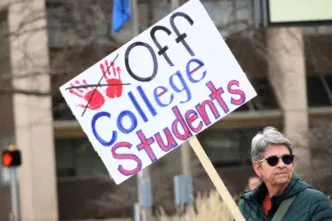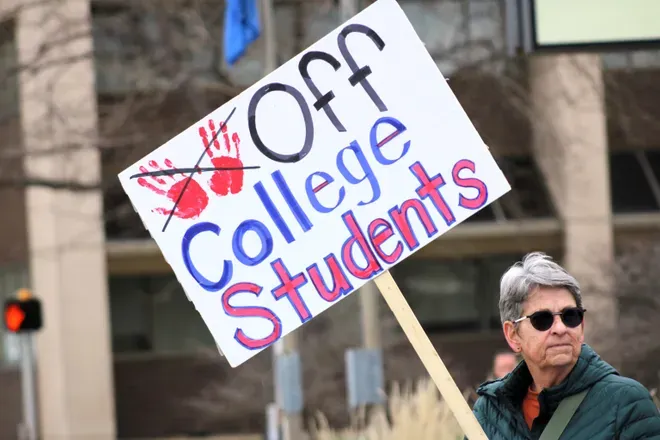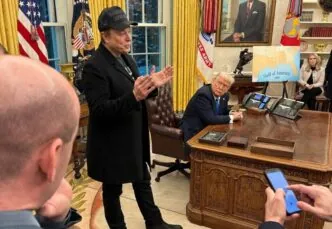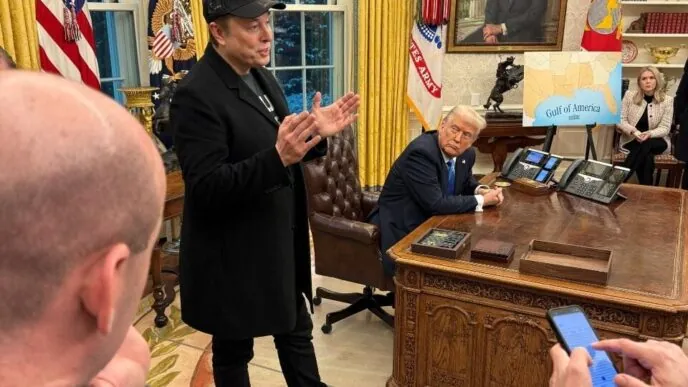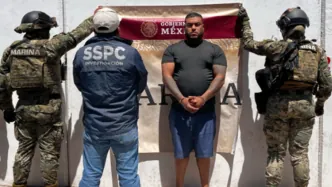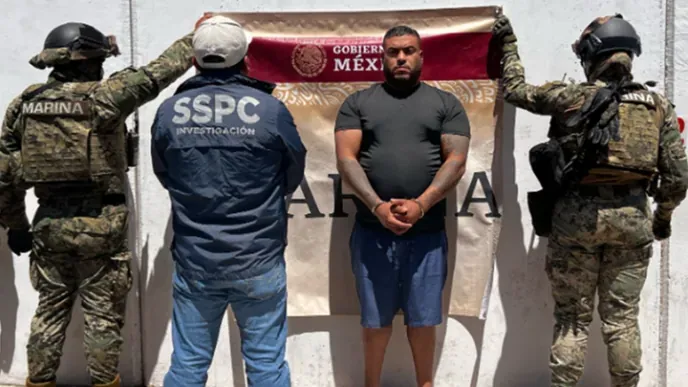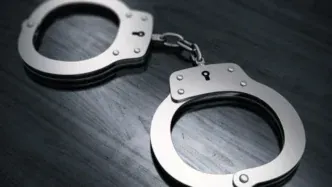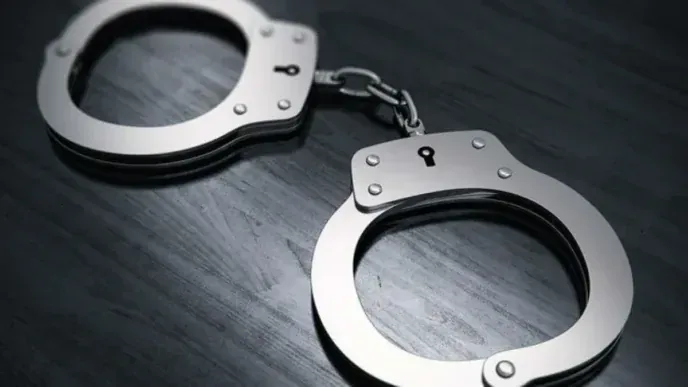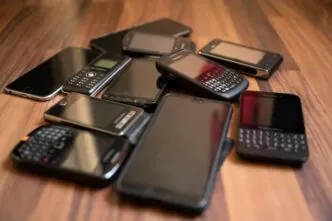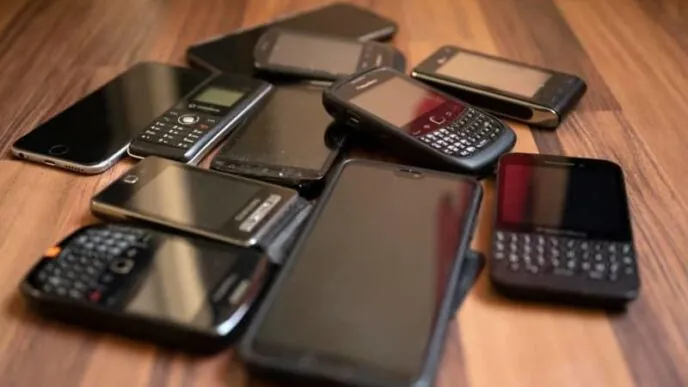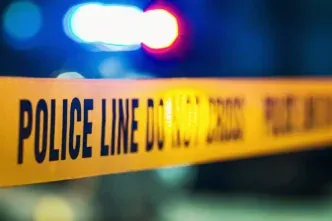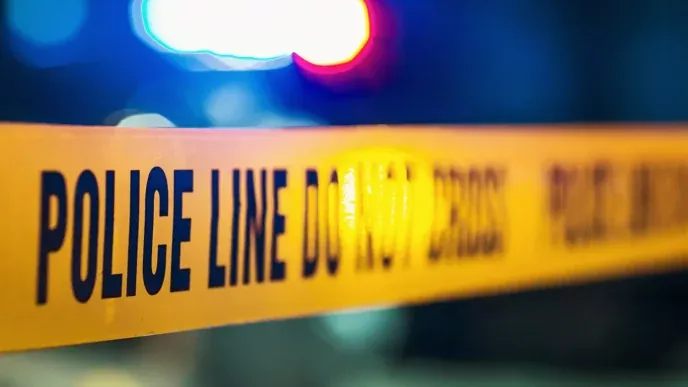At least 10 international students enrolled in South Dakota’s public universities had their visas canceled this year, according to the South Dakota Board of Regents.
Two additional cancellations involved former students participating in a program that lets student visa holders work temporarily in jobs tied to their field of study. A visa grants foreigners permission to visit, work, or study in the U.S.
Board of Regents spokesperson Shuree Mortenson didn’t specify which of the state’s six public universities the students attended. However, a Dakota State University representative told South Dakota Searchlight that none of the school’s 198 international students in Madison had reported visa cancellations.
Only one case has been publicly detailed—Indian doctoral candidate Priya Saxena, who sued Department of Homeland Security (DHS) Secretary Kristi Noem to prevent any interference with her plan to receive her Ph.D. in chemical and biological engineering from South Dakota Mines on May 10.
Last week, U.S. District Judge Karen Schreier ordered DHS to restore Saxena’s student status and temporarily stop any further actions, pending a decision on whether to issue a broader preliminary injunction.
While Saxena receives her diploma at South Dakota Mines, Noem is set to deliver the commencement address at DSU. A school news release sent Wednesday noted the invitation was extended while Noem was still South Dakota’s governor, a role she left to lead DHS.
Saxena’s case spurred around 25 demonstrators to gather outside Rapid City’s City Hall on Wednesday. Led by Indivisible Rapid City, the protest aimed to highlight growing concerns over constitutional rights—especially due process protections that apply to everyone, not just U.S. citizens.
Protester Pat Braun, holding a sign referencing student visa holders, expressed outrage over Saxena’s treatment.
“It’s so ill-informed, so mean-spirited, so ugly,” Braun said.
Part of a nationwide visa crackdown
The cancellations in South Dakota are part of a broader visa enforcement campaign by the Trump administration, which includes heightened arrests and deportations of undocumented immigrants.
On Jan. 20, the president signed two executive orders affecting student visas. One instructed DHS and the State Department to review and cancel visas of international students accused of “anti-Semitic” behavior. The other executive order has affected students who criticized Israel’s actions in the war against Hamas—such as a Turkish student at Tufts University who wrote a pro-Palestine opinion piece and was later detained by ICE, an incident widely circulated online.
The second order directed federal agencies to evaluate visa programs more broadly, instructing DHS Secretary Noem to “take immediate steps to exclude or remove” anyone considered a threat to public safety.
Nationwide, more than 1,000 students have experienced visa or legal status issues, according to The Associated Press, which compiled data from universities and state officials. Inside Higher Education estimated that number at 1,700.
Several lawsuits have emerged in response. The same day Saxena’s case received a temporary reprieve, a federal judge in Georgia signed an order reinstating student status for 133 international students.
More: Kristi Noem to speak at Dakota State graduation as questions swirl on her honorary degree
South Dakota response
South Dakota Searchlight contacted the Board of Regents and the state’s six public universities for updates on student visa status. According to the regents’ most recent figures, 2,233 international students are enrolled statewide.
Northern State University and the University of South Dakota didn’t respond. Other schools—except for DSU—confirmed that their international student offices are providing support and visa guidance where needed.
Mortenson, speaking for the Board of Regents, emphasized that “our universities are not directly involved in this process.”
“However, with less than three weeks left in the spring semester, we will assist affected students with their academic efforts to the best of our ability,” she wrote.
Searchlight also reached out to Augustana University, South Dakota’s largest private four-year school, where a spokesperson confirmed that its international students had not been impacted.
Limited federal transparency
The DHS and State Department declined to disclose how many student visas were revoked in South Dakota.
According to the State Department, which handles visa issuance, it revokes visas “every day” and will continue to do so.
“When considering revocations, the department reviews post-issuance information that may indicate visa ineligibility under U.S. law, pose a threat to public safety, or warrant revocation for other reasons,” its statement read. “These can include arrests, convictions, overstays, or behavior inconsistent with the visa’s purpose.”
While DHS doesn’t issue visas, it oversees enforcement and monitoring through the Student and Exchange Visitor Information System (SEVIS)—a database created after the 9/11 attacks to track international students’ eligibility to study in the U.S.
This Article Includes

